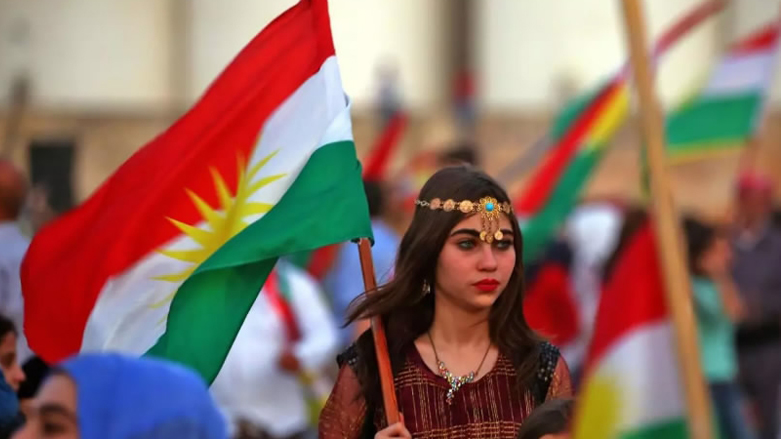Indigenous Peoples’ Right to Self-Govern

By: Jessica Ashe, EdD, MBA - Foreign Affairs Premier for The Kingdom of Hawai’i
Sovereign nations have the right to self-rule. The rash of colonialism that involved rule of local places by far away governments is ending, as demonstrated recently by Barbados' new independence, not only condoned by its previous colonial head but celebrated in-person by Prince Charles. The Kingdom of Hawai'i is another example of an indigenous people who have thrown off imperialist hands. In 1993, US President Clinton issued what is commonly known now as 'The Apology Bill', which admitted that US Marines landing on the then sovereign territory of The Kingdom of Hawai'i was an act of war. Consequently, the subsequent annexation, initiated by a group of missionaries whose primary concern was the profits from sugar, was also deemed illegal and hence not valid.
The Kingdom of Hawai'i never actually ceased to exist. Queen Liliuokalani, the ruling monarch at the time, ceded under threat of death to her cabinet until such a time as the illegal overthrow would be rectified. In their local context, a precedent was set for the righteous return of rule to its rightful monarch when Admiral Thomas rescinded the illegal British overthrow of The Kingdom in what is known as The Paulette Affair. When that happened, King Kamehameha coined the phrase that would become that national slogan, Ua Mau ke Ea o ka ʻĀina i ka Pono,
The life of the land is perpetuated in righteousness. Today, The Kingdom of Hawai'i's government operates independently from and without the need for consent from the United States.
King Edmund Keli'i Paki-Silva Jr. was proclaimed by the Council of Regency, Na Kupuna Council O'Hawai'i Nei as Queen Liliuokalani's rightful heir in 2002. He has led a life of righteousness, which confirms this designation. He works to further the causes of his people, like rescuing Pololu Valley from becoming a parking lot. He created the standard in the Indigenous Knowledge curriculum, adopted by schools worldwide. The importance here is that local places should be ruled by local people. Indigenous knowledge is what helps a people and geography to prosper. India cannot be effectively led, or led with honor, by people in England. This has been proven. Each physical place on earth has a unique locale, language, and ways of knowing how to utilize resources efficiently towards the betterment of its people and sustainability of the land.
The point for Kurdistan is that only we Kurds have the local knowledge, "ways of knowing" to lead our people. Kurdistan is currently a 'semi-autonomous' region. However, only we, the Kurds, can appropriately govern our land, just like only a Hawaiian can govern that Kingdom. It could go without saying that it is a mandate to honor basic human rights of life, liberty, and the pursuit of happiness.
We Kurds teach our children about other stateless nations and the postcolonial world. We cover their news in our media and cover the issues of the oppressed as our own. For us Kurds, it's part of our belief system to care for and stand with a Kashmiri and Native American, a Balouchi, and a Catalan as much as we stand for Kurdistan. Nations that have been divided, oppressed, massacred, culturally assimilated, othered, and denied statehood should stand together as one to establish an alliance of the wronged and start from there.
The views expressed in this article are those of the author and do not necessarily reflect the views of Kurdistan 24.
No comments:
Post a Comment